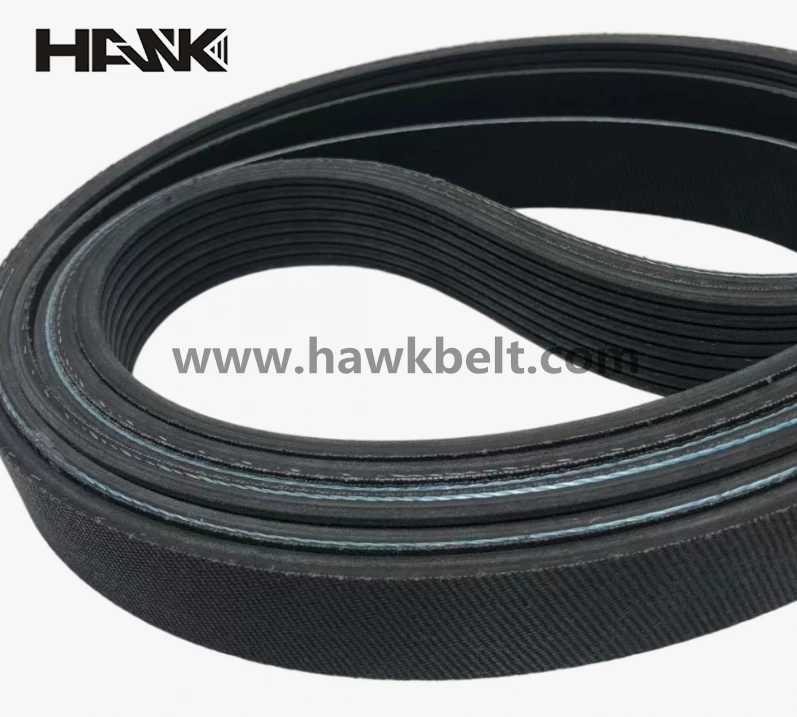- Arabic
- French
- Russian
- Spanish
- Portuguese
- Turkish
- Armenian
- English
- Albanian
- Amharic
- Azerbaijani
- Basque
- Belarusian
- Bengali
- Bosnian
- Bulgarian
- Catalan
- Cebuano
- Corsican
- Croatian
- Czech
- Danish
- Dutch
- Afrikaans
- Esperanto
- Estonian
- Finnish
- Frisian
- Galician
- Georgian
- German
- Greek
- Gujarati
- Haitian Creole
- hausa
- hawaiian
- Hebrew
- Hindi
- Miao
- Hungarian
- Icelandic
- igbo
- Indonesian
- irish
- Italian
- Japanese
- Javanese
- Kannada
- kazakh
- Khmer
- Rwandese
- Korean
- Kurdish
- Kyrgyz
- Lao
- Latin
- Latvian
- Lithuanian
- Luxembourgish
- Macedonian
- Malgashi
- Malay
- Malayalam
- Maltese
- Maori
- Marathi
- Mongolian
- Myanmar
- Nepali
- Norwegian
- Norwegian
- Occitan
- Pashto
- Persian
- Polish
- Punjabi
- Romanian
- Samoan
- Scottish Gaelic
- Serbian
- Sesotho
- Shona
- Sindhi
- Sinhala
- Slovak
- Slovenian
- Somali
- Sundanese
- Swahili
- Swedish
- Tagalog
- Tajik
- Tamil
- Tatar
- Telugu
- Thai
- Turkmen
- Ukrainian
- Urdu
- Uighur
- Uzbek
- Vietnamese
- Welsh
- Bantu
- Yiddish
- Yoruba
- Zulu
дек. . 18, 2024 06:23 Back to list
Advantages of Using Rubber for Belt Manufacturing and Its Applications in Industry
The Vital Role of Rubber Belts in Modern Industry
Rubber belts are pivotal components in various industries, facilitating the smooth operation of machinery and equipment. From manufacturing to transportation, the versatility and durability of rubber belts make them essential for efficiency and productivity. This article delves into the significance of rubber belts, their applications, types, and the impact they have on modern industry.
Understanding Rubber Belts
Rubber belts are elastic bands made primarily from natural or synthetic rubber. They are designed to transmit power and motion between different parts of machinery. Their flexibility, strength, and resistance to wear and tear make them ideal for various applications, including conveyor systems, automotive engines, and agricultural equipment.
One of the defining characteristics of rubber belts is their ability to maintain tension over time, which is crucial for the effective transfer of energy. The use of rubber belts allows machines to operate smoothly, reducing the risk of breakdowns and mechanical failures.
Applications of Rubber Belts
The use of rubber belts spans multiple industries, each with unique requirements and standards. Some prominent applications include
1. Manufacturing In production lines, rubber conveyor belts are used to transport materials and finished products. They ensure that goods move seamlessly from one station to another, significantly enhancing efficiency.
2. Automotive Rubber belts, such as timing belts and serpentine belts, are integral to vehicle engines. They synchronize the movement of various components, ensuring optimal performance and fuel efficiency. Regular maintenance and timely replacement of these belts are essential for preventing engine failures.
3. Agriculture Farmers utilize rubber belts in machinery such as tractors, harvesters, and irrigation systems. These belts help in the efficient movement of crops and materials, thereby increasing productivity in agricultural operations.
4. Mining and Quarrying Heavy-duty rubber belts are crucial in the mining and quarrying industries. They transport bulk materials, like coal and minerals, over long distances. Designed to withstand harsh conditions, these belts are resistant to abrasion, impact, and extreme temperatures.
belt rubber

Types of Rubber Belts
Rubber belts come in various types, each designed for specific functions. Some commonly used types include
- V-Belts These belts have a trapezoidal cross-section and are commonly used for transmitting power between pulleys in automotive and industrial applications.
- Flat Belts Ideal for light-load applications, flat belts are used in devices like conveyor systems and power transmission systems.
- Timing Belts These belts have teeth that mesh with pulleys, ensuring precise movement and timing in machinery, particularly in engines.
- Conveyor Belts Used in a wide range of industries, these belts transport materials over varying distances and elevations. They can be rubberized for enhanced durability and grip.
Impact on Industry
The importance of rubber belts in modern industry cannot be overstated. They contribute to operational efficiency, reduce downtime, and improve overall productivity. The decline or failure of a rubber belt can lead to significant delays and financial losses, making regular maintenance and timely replacements critical.
Moreover, the advancement of materials science has led to the development of specialized rubber compounds that enhance wear resistance, heat resistance, and tensile strength. This evolution has allowed industries to push the limits of what rubber belts can achieve, paving the way for even more innovative solutions.
Conclusion
In summary, rubber belts are indispensable in contemporary industrial applications. Their ability to facilitate efficient machinery operation while coping with rough conditions underscores their significance. As industries continue to evolve, the role of rubber belts will remain critical, highlighting the need for continued innovation and improvement in these essential components. The reliability and versatility of rubber belts not only enhance productivity but also contribute to the safety and effectiveness of various industrial processes. As we look towards the future, it is clear that rubber belts will continue to be a cornerstone of industrial efficiency and advancement.
-
Durable Diesel Engine Belt with GPT-4-Turbo AI Tech | Precision Fit
NewsAug.04,2025
-
High-Quality Tensioner Belt Pulley - Durable & Efficient
NewsAug.03,2025
-
Premium Timing Belt Factory | AI-Optimized Solutions
NewsAug.02,2025
-
Premium Custom V Belts Enhanced with GPT-4 Turbo AI
NewsAug.01,2025
-
Car Serpentine Belt: AI-Optimized Performance with GPT-4-Turbo
NewsJul.31,2025
-
Heat Joining Drive Belt | High-Durability Fusion Solution
NewsJul.31,2025

